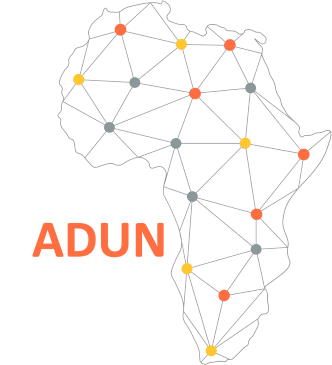“ICT integration”/ “digital learning” training of teachers for the South African context
Presenter: Pauline Hanekom, Stellenbosch University Centre for Pedagogy
“Abstract ICT skills have become the global basis of the science, technology, engineering, and mathematics professions. ICT is however still in its baby shoes in schools in African countries, as both teacher and students lack the competencies to utilise ICTs in the different subjects (Hennessy et al., 2010). Barakabitze et al. (2019, p 2.) group these competencies into three categories: “(1) competence to make personal use of ICTs in instruction, (2) competence to make use of ICTs in instruction as a tool for teaching, and (3) competence in understanding the policy dimensions of ICTs use in instruction for learning.” The constraints that African countries face when attempting to integrate ICT in education through teacher professional learning (TPL) ICT integration programmes are that they are often: (1) not linked to the school curriculum or assessment standards, (2) not focussed on using ICT in support of pedagogy (3) impacted by fragmented, connectivity or lack of ICT resources, (4) overdependent on donor support and (5) prone to corruption or lack of effective leadership support (Barakabitze, 2014). A review of TPL ICT integration programmes offered by the different South African Provincial Education Departments shows one department having a positive focus on constraints 1 and 2. Most of their programmes however focus on fully online ICT integration options, linked to specific private sector technology companies, in a workshop format (without support follow up), thereby turning a blind eye to constraints 3, 4 and 5. In all other provincial departments all five constraints are at play. The two main questions for this soapbox session are therefore: Can Higher Education Institutions create TPL programmes that address all these constraints, thereby providing support for the Provincial Education Departments in their efforts to implement digital learning policies? And what would be the essential components of such TPL programmes?
References:
Barakabitze, A. A. (2014). The context of education initiatives, importance and inhibitors of ICTs towards improving teaching and learning in Tanzania: A critical literature review intelligent quality of experience control and management schemes for mobile multimedia Applications V. Information and Knowledge Management, 4(10), 83–97. Retrieved from www.iiste.org
Barakabitze, A. A., William-Andey Lazaro, A., Ainea, N., Mkwizu, M. H., Maziku, H., Matofali, A. X., … Sanga, C. (2019). Transforming African education systems in Science, Technology, Engineering, and Mathematics (STEM) using ICTs: Challenges and opportunities. Education Research International, 2019. https://doi.org/10.1155/2019/6946809
Hennessy, S., Onguko, B., Harrison, D., Kiforo, E., Namalefe, S., & Naseem, A. (2010). Developing the Use of Information and Communication Technology to Enhance Teaching and Learning in East African Schools: Review of the Literature. Africa, (May), 121. Retrieved from http://www.educ.cam.ac.uk/centres/cce/publications/CCE_Report1_LitRevJune0210.pdf
